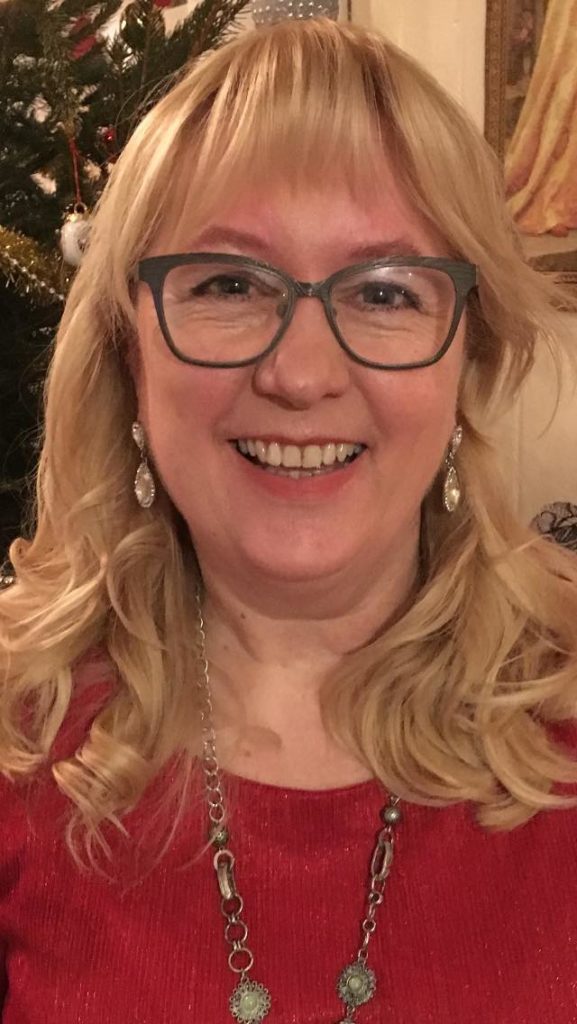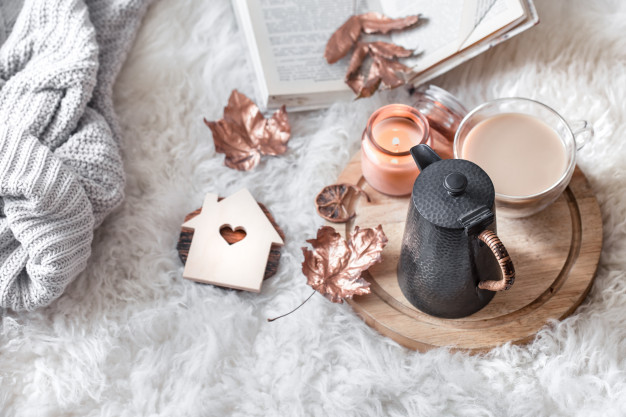The guest of the Library blog Geros knygos is our colleague Britt Sanne (Norway). Britt is a Department Manager of Tønsberg og Færder library.
How do Norwegian libraries go about innovation in the situation, when the virus closes physical services and drives digital demand? How does the Tønsberg og Færder library adjust to the unusual circumstances?

The Covid19 situation is serious in Norway as it is everywhere else, but we closed down early, and even though we experience a new surge at the moment, we have not been hit as hard as other countries. We closed down the library in March and reopened in May, and until further notice, we are open. But the pandemic has put more pressure on digital events and digital services. Very soon after the lock down, the National Library opened several of their digital services to a wider audience, and both the National Library and other libraries, including us, started publishing talks, lectures, events and book recommendations online. It has resulted in an increased focus on our digital tools – so our library has acquired professional streaming equipment and trained staff in using it. We stream a lot of our events also without an audience. As for our staff meetings – we use Google meet. We are fortunate enough to have plenty of space, so staff sit in their offices on their own computers and participate that way. Even though we manage digitally, everybody here misses being together physically. We are lucky enough to be able to go to work, but it feels strange to still
experience being so far apart.
What factors are important personally to you when choosing a book to read?
That all depends. When I choose a book for myself, I often go for books I have read about or have peaked my interest in some way. Maybe a co-worker has recommended it, or I have seen it on the shelves. It is a blessing to be working in a library when you are a bookworm!
If it is for work, maybe a presentation, then I think of my audience. In those cases I will try to find books that are hidden gems – not on the best seller lists – and I will try to challenge my own personal tastes and try other types of books than I normally would.
Are there any books you could read over and over again and never get bored of?
Reading books over and over is not my thing, actually, but I have favourite genres that I return to. I like historical fiction, but I also like to read non-fiction books.
What are your favourite Norwegian authors or the books written by Norwegian writers?
I like authors like Lars Saabye Christensen, Lars Mytting and Roy Jacobsen. These are all contemporary authors. Of classical authors I like Tarjei Vesaas. I read his book “The Birds” in secondary school and it has made a lasting impression on me.
What books would come first to your mind if you were asked to name three favourite ones?
Not easy – there are so many – but if I have to choose: “Possession” by A.S. Byatt, “Of Mice and Men” by John Steinbeck, and “La tête en friche” by Marie-Sabine Roger. As for children’s literature, “Mio, min Mio” by Astrid Lindgren is at the top of the list.
Are there any books that are really popular, but you dislike?
Hmm… The Norwegian author Maja Lunde has written books with an environmental angle that have been translated into many languages. Her first book in a trilogy is called “The History of Bees”. Being a person who is basically optimistic in viewpoint, it’s not really my cup of tea!
What are your favourite and most disappointing film adaptations of a novel?
I loved the film adaptation of the novel “Howard’s End” by E.M. Forster, but the adaptation of the book “The Girl on the Train” by Paula Hawkins was somewhat disappointing. How could they put the plot in New York, when it is in London in the book? No, no, no!
Name a book that made you angry.
Donna Tartt’s “The Goldfinch”. Not because it is a bad book, it really isn’t, but because, although it is an all too normal part of life, I hate what drugs do to people, and it frustrates me to read about it.
A book you didn’t expect to like but did?
“The Odyssey” by Homer. You often hear people say that it is so hard to read the classics. I would agree in the case of “Ulysses” by James Joyce, that was nearly impossible, but “The Odyssey” was like a book of fairy tales.
What is your opinion about self-published books?
Many of the ones I see at work are just not professional enough. Either the text is badly written or the manuscript isn’t edited properly, or the illustrations are poor. We don’t see many examples of self-published books that are really good.
What are some of your favourite quotes or scenes from a book?
“To thine own self be true” (“…and it must follow, as the night the day, thou canst not then be false to any man”) – Shakespeare’s “Hamlet”
“The best laid plans of mice and men often go awry” Robert Burns “To a mouse”
Jim Rohn, an American entrepreneur, author and motivational speaker said: “Reading is essential for those who seek to rise above the ordinary.”
How would you comment on this thought?
Books open up other lives and other ways of thinking than your own. It gives you inside information you wouldn’t otherwise get or understand. If that is what he means by “rise above the ordinary”, I would agree. By reading I am able to rise above my own normality, but it doesn’t make me better than others.
Thank you for the interesting conversation!
Photo from Britt Sanne’s personal archive
Interviewed by Virginija Švedienė
virginija.svediene@pavb.lt

